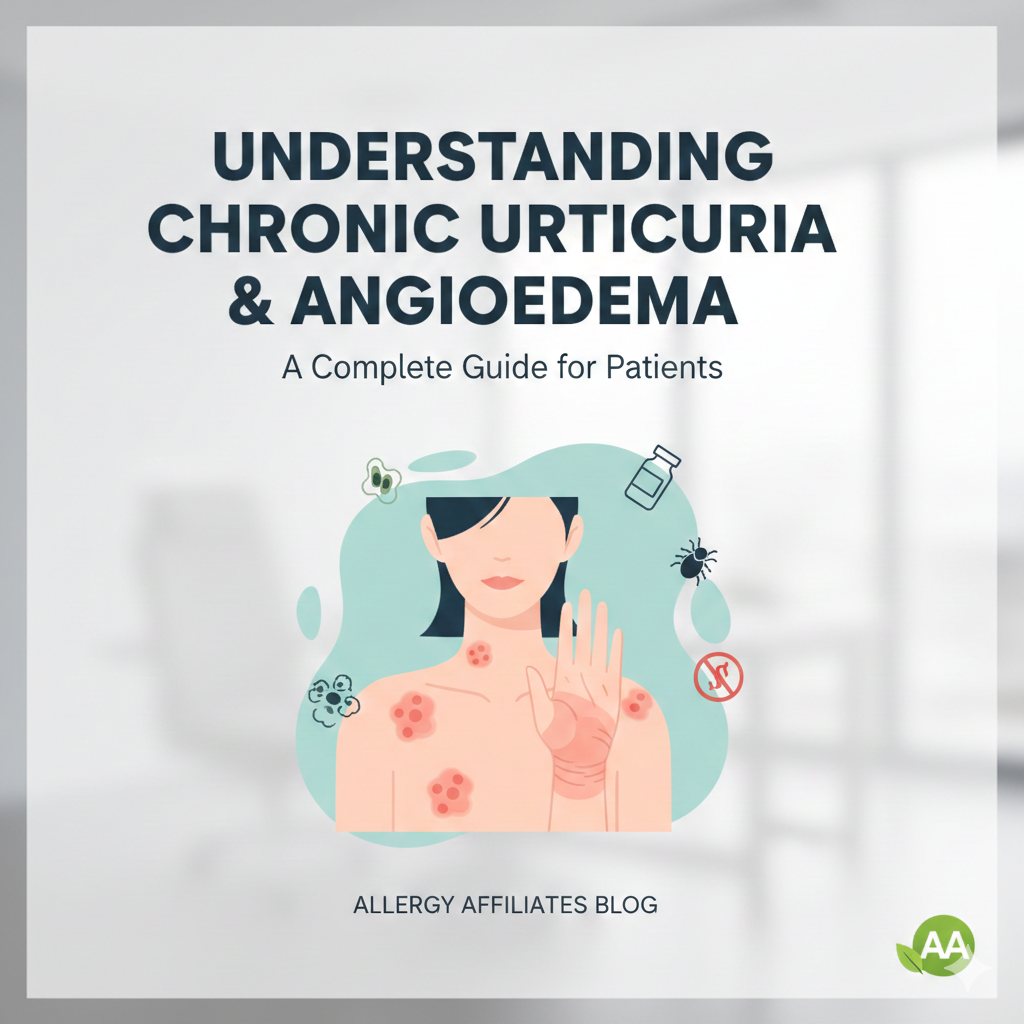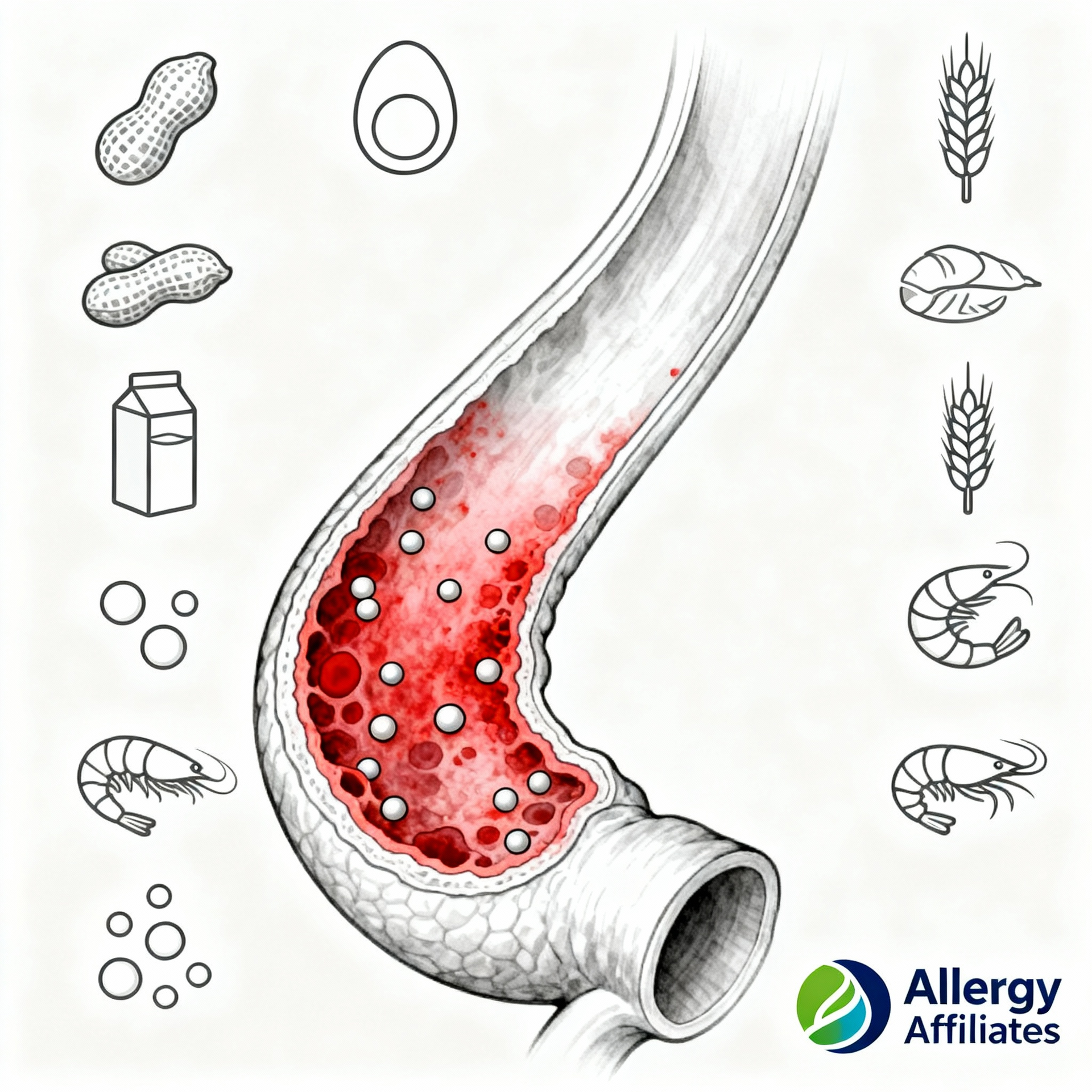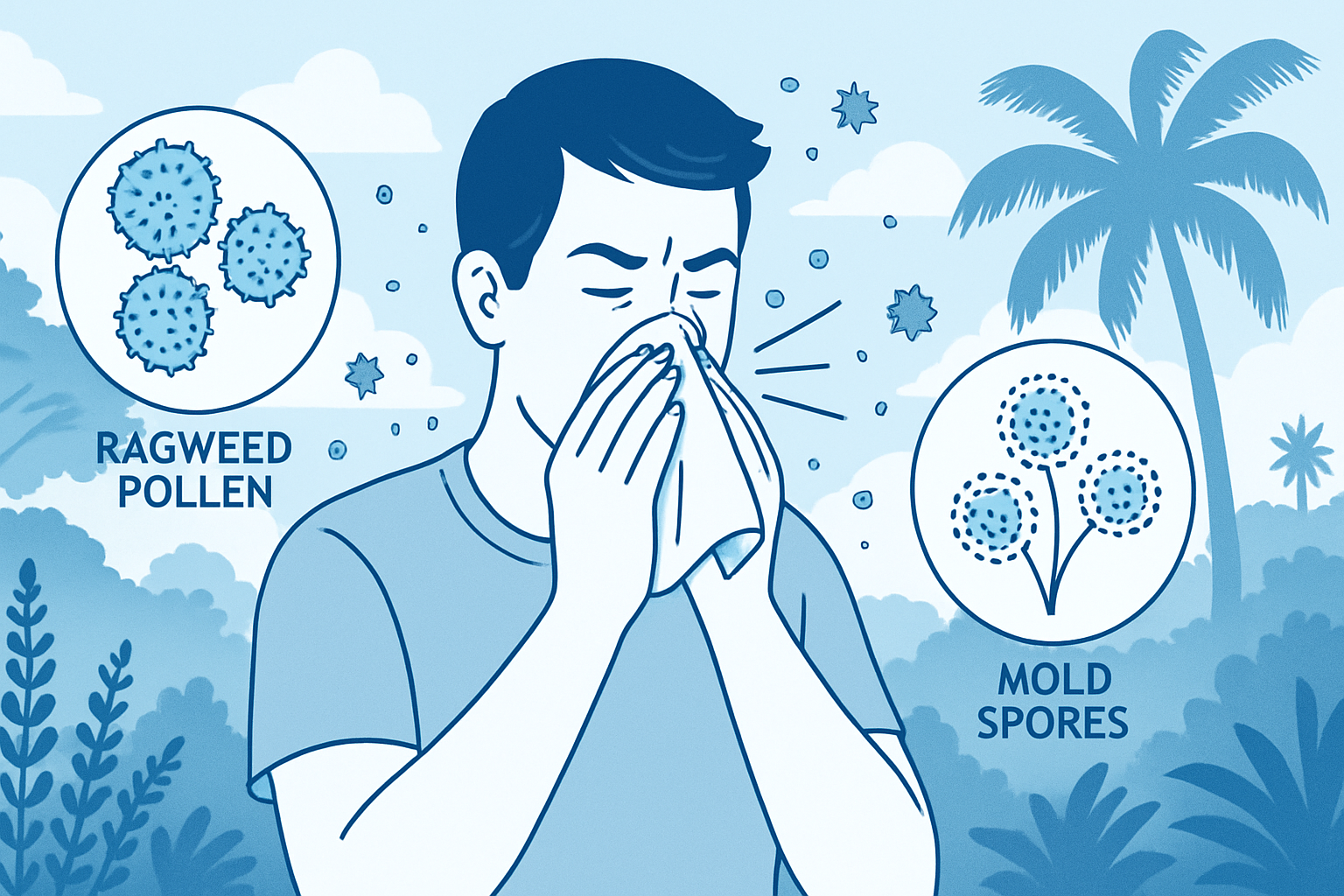
What are Chronic Allergies
Allergies affect over 50 million individuals in the United States alone. These allergy sufferers experience various symptoms, such as skin rash, sneezing, clogged or runny nose, inflammation, and many more. For some, allergy symptoms are mild and tolerable. Their allergies often go away without medical intervention. On the other hand, some individuals experience severe allergies that develop into chronic conditions.
Chronic allergies are more than annoying to individuals living with them. Dealing with these adverse health conditions affects their quality of life all year round. So, what does it take to manage chronic allergies? That's what this blog post is all about.
Our discussion will cover chronic allergies' meaning and the best ways to manage them. We will also provide interesting information regarding the different types of allergies to help you understand them better. So, let's jump right in.
What is Allergy?
An allergy occurs when your body's natural defenses negatively react to harmless proteins. Your immune system tries to eliminate these compounds as bacteria or viruses. When this happens, you will experience an allergic reaction.
How to Manage Chronic Allergies
Managing chronic allergies is quite challenging. You have to be committed and vigilant at all times. Below is a compilation of how to treat chronic allergies.
Chronic Allergy Management Tip Number 1: Be Mindful of Allergens
Allergens are the primary cause of chronic seasonal allergies. You can get exposed to allergens whether you're indoors or outdoors. It is best to know and learn what allergens you should avoid.
Here are some examples:
- Pollen
- Molds
- Pet or animal danders
- Dust mites
- Smoke/ pollution
- Food
Plants produce and release
pollen all over the United States. Check your local pollen count and avoid going out when they are high. You can also get rid of molds and pet or animal danders by regularly cleaning your house. In addition, you can minimize exposure to smoke or pollution by wearing a face mask when you go out.
Finally, learn the foods you have allergies to and try to avoid them as much as possible. Always read the ingredients from the labels to avoid accidental consumption. When eating out, ask the waiter about the components of the food you're ordering.
Chronic Allergy Management Tip Number 2: Keep Your Medications Handy
Keeping your anti-allergy medication handy at all times can help manage allergy symptoms during unexpected allergen exposure. Moreover, these medicines can provide immediate relief for various allergy symptoms.
Here are some examples:
- Antihistamines
- Corticosteroids
- Nasal Saline Irrigation
- Decongestants
- Eye Drops
These anti-allergy medications are typically available at your local pharmacy. These over-the-counter meds are highly efficient in providing quick relief for your allergy symptoms. However, it would be best if you only took them as necessary. Chronic allergy treatment is only effective when taken properly.
Always follow the recommended dosing from the label before taking them. Remember, some of these medicines can cause drowsiness that can affect your daily performance in the house, at work, or in school.
Chronic Allergy Management Tip Number 2: Consider Allergy Immunotherapy
Boosting your immune system naturally can protect you from chronic allergies. Allergy immunotherapy provides long-term effects with a high success rate. This method works by exposing you to small and tolerable amounts of allergens. As soon as your body reaches the ideal stage, your allergist will continue with the maintenance phase.
The entire process can take three to six months. It depends on the severity of your condition. Moreover, allergy immunotherapy can completely get rid of your allergies.
Chronic Allergy Management Tip Number 3: Choose the Best Allergist
Choosing the right allergy doctor to treat your symptoms is vital in managing your chronic allergies. You should check their credibility and work ethics. You can find this information on their website or social media pages.
Additional Information
Common Chronic Allergy Symptoms
Here are the typical signs and symptoms of chronic allergies that you may experience.
Nasal
- Sneezing
- Clogged nose
- Runny nose
- Sniffling
Eyes
- Redness
- Itching
- Watery
Skin
- Redness
- Itching
- Rash
- Inflammation
These symptoms differ from one case to another. Some may experience mild symptoms, while others may require immediate medical attention, like anaphylaxis.
Anaphylaxis
Anaphylaxis is a life-threatening condition that could potentially lead to death. A person who experiences anaphylaxis should be rushed to the nearest hospital ASAP.
Below are the signs and symptoms to watch out for.
- Lightheadedness
- Confusion and lethargy
- Anxiety
- Wheezing
- Breathing difficulties
- Losing consciousness
- Clammy skin
Anaphylaxis can occur within minutes of exposure to allergens. When you think you or a family member is experiencing anaphylaxis, dial 911 or go to the ER immediately.
When to Visit a Doctor
Almost everyone can experience allergies at any time. However, you should know when you need to visit your doctor. The right time to talk to your allergist is when the symptoms don't go away even after taking your meds. Most anti-allergy medications provide fast and efficient relief. But if they don't alleviate the symptoms, it is best to go to your doctor.
Manage Chronic Allergies and Live your Life to the Fullest
Don't let chronic allergies affect your quality of life. Talk to our allergists today and enjoy an allergy-free life.
Bradenton and Sarasota Allergist
Dr. Sabharwal offers quality allergy treatment with years of experience. She specializes in new and traditional allergy treatments, including allergy shots.
If you want an allergy-free life the entire year, book an appointment with us today. Click
here to view our available schedules.










